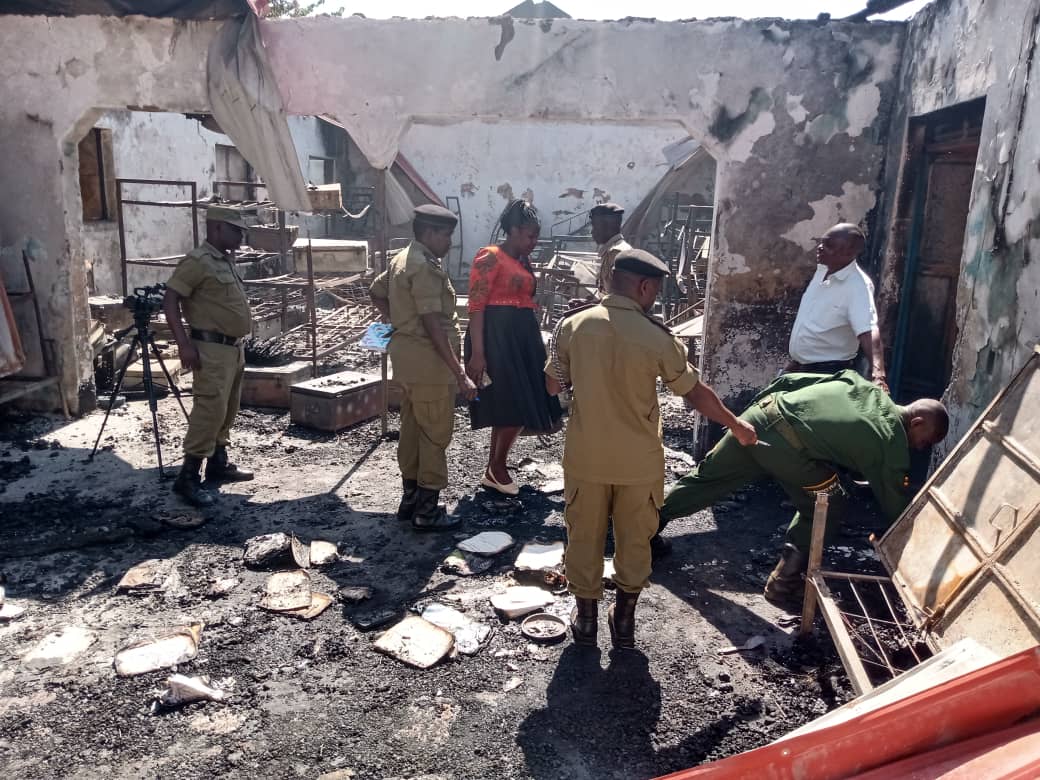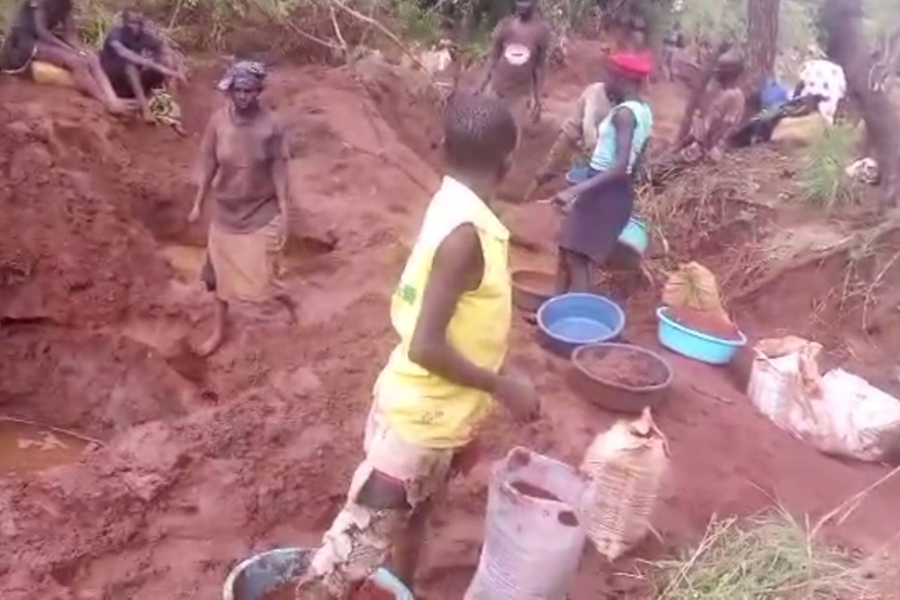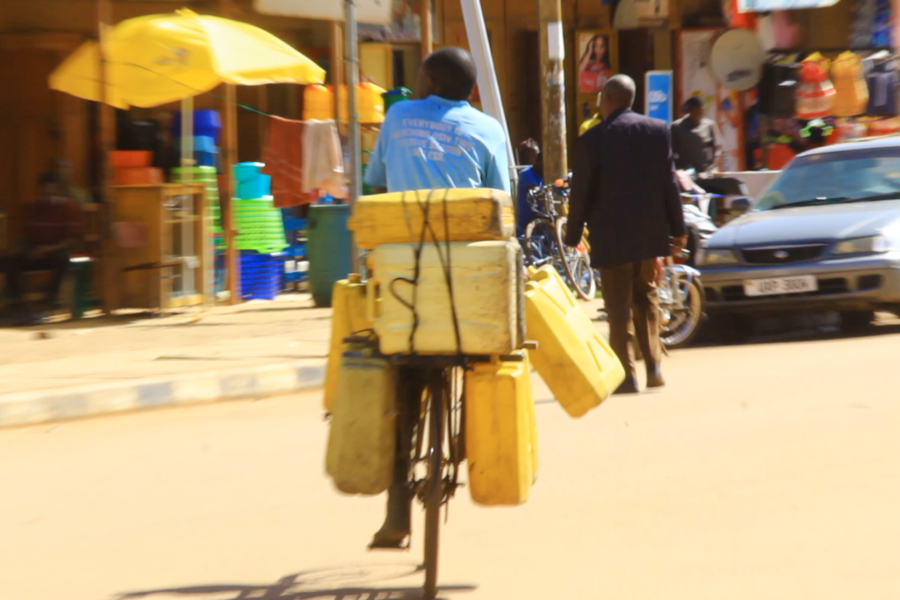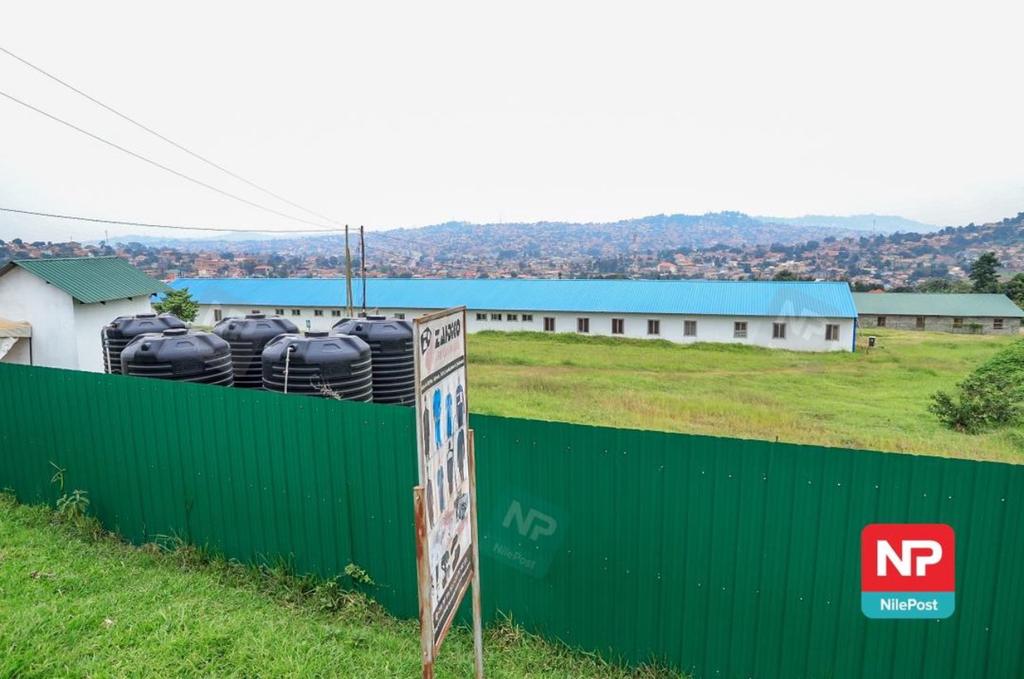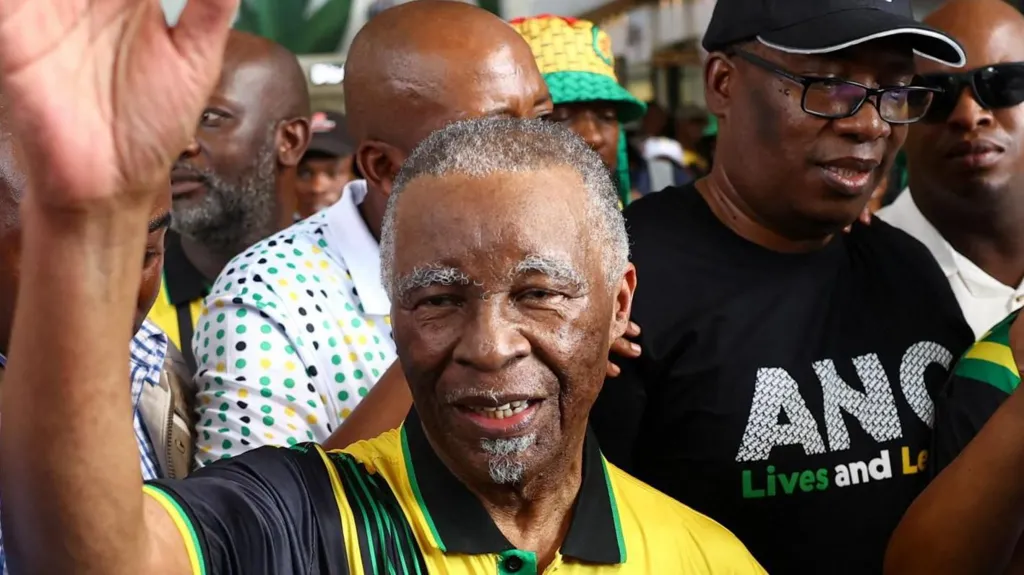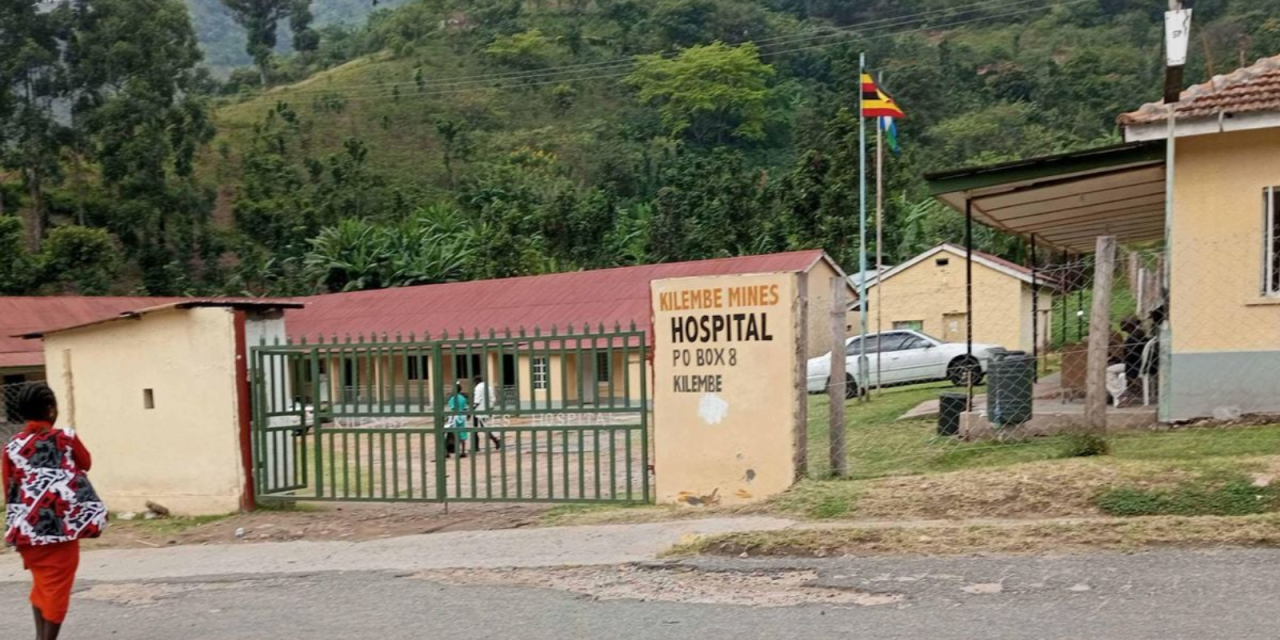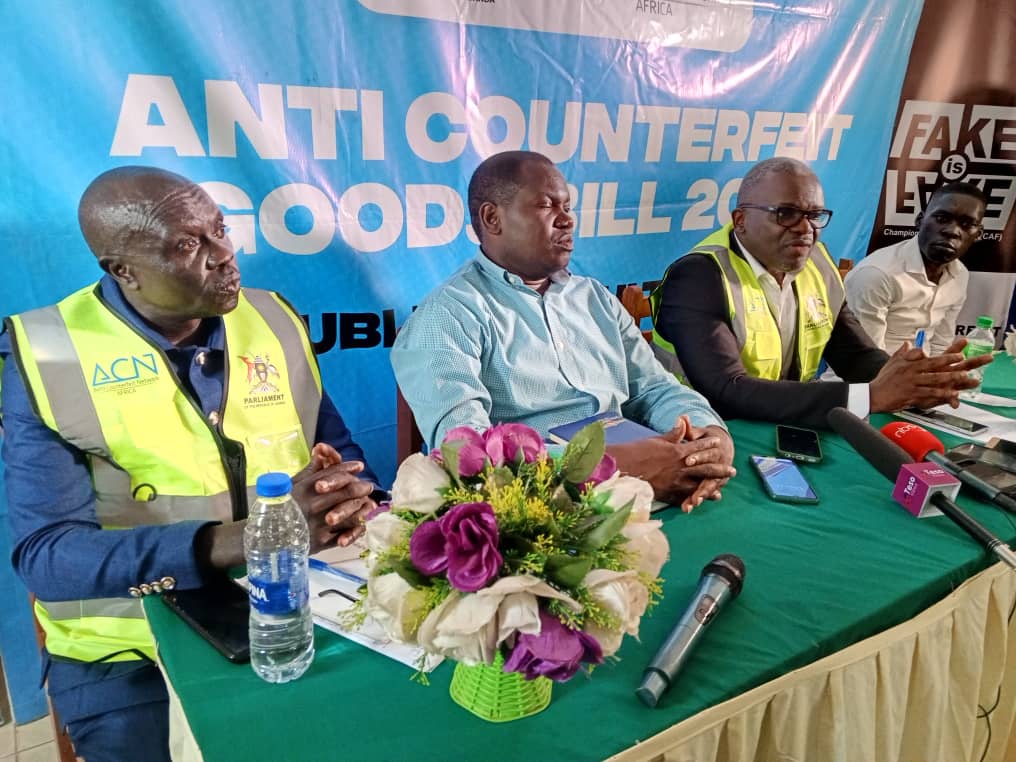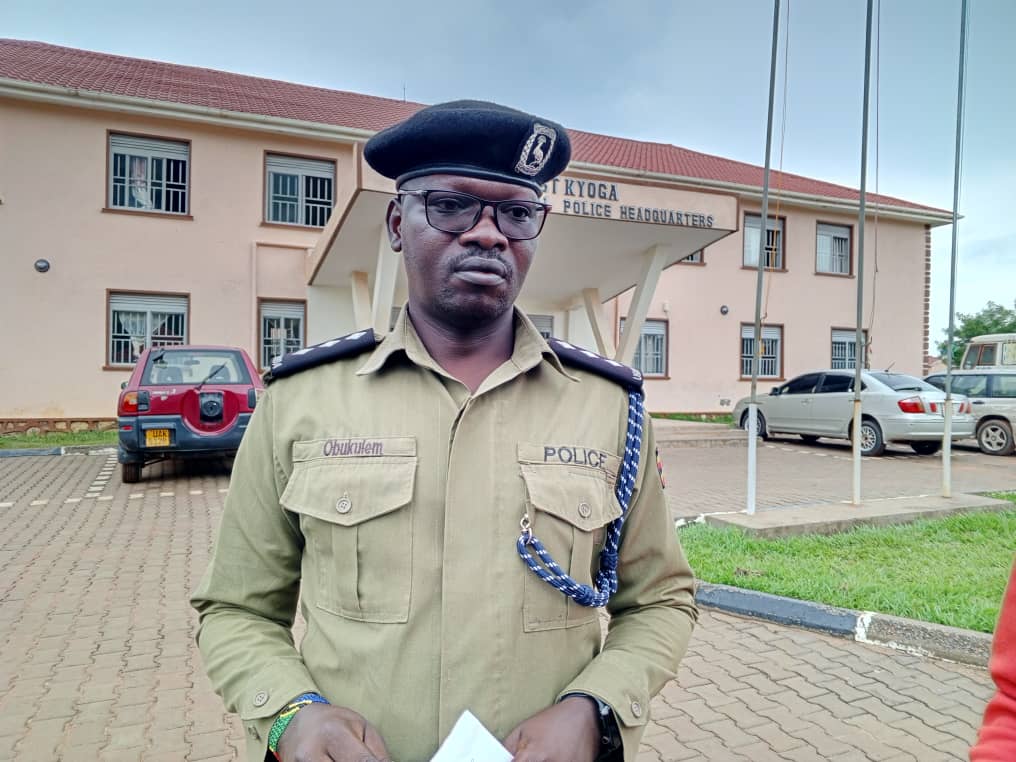Three out of four Ugandans see village representatives as the best way to influence government
When asked about the best route to get their views to the government, citizens focus on channeling their views through representatives. 3 out of 4 Ugandans (73%) name village representatives, 41% mention local government offices and 33% select division councils.
Civil servants themselves indicate that, while citizens can engage in the process to make their needs known, priority is given to proposals from public officials themselves.
These findings were released by Twaweza in a pair of research briefs. The first, titled Active and Engaged: Ugandan's experience of access to information and participation, is based on data from Sauti za Wananchi, Africa's first nationally representative high-frequency mobile phone survey.
The findings are drawn on data collected from a qualitative study with 62 civil servants from national level and across five districts in from January to March. 2019 and is titled Between paper and practice: civil servants' views on citizen participation and access to information.
Despite seeing local government as a conduit for raising their views, 2 out 5 citizens (44%) report that they attended a public meeting in the past year. A majority of citizens who attend meetings ask questions or raise issues. Civil servants, however, see public meetings, especially Barazas, as an important channel for citizen-government interaction and information-sharing from government.
Civil servants also believe that citizens are driven by incentives to attend these meetings, reporting that they complain if incentives are not provided. Yet only 6% of citizens report being given any incentives for attending a public meeting. Among those who do attend meetings, 1 out of 4 say that people might not attend because of the lack of incentives (24%). Citizens are most likely to attribute non-attendance at meetings to ignorance (30%, not know the meetings are happening) and apathy (30%,not the value of purpose of attending).
Citizens also say they find it hard to participate in planning and budget processes (75%), access government information (70%) and influence decision-making in their sub-county (63%). On the side of public officials, they have received no specific training on becoming information providers and they are unaware of the law mandating them to share information ; they believe information release is at their discretion.
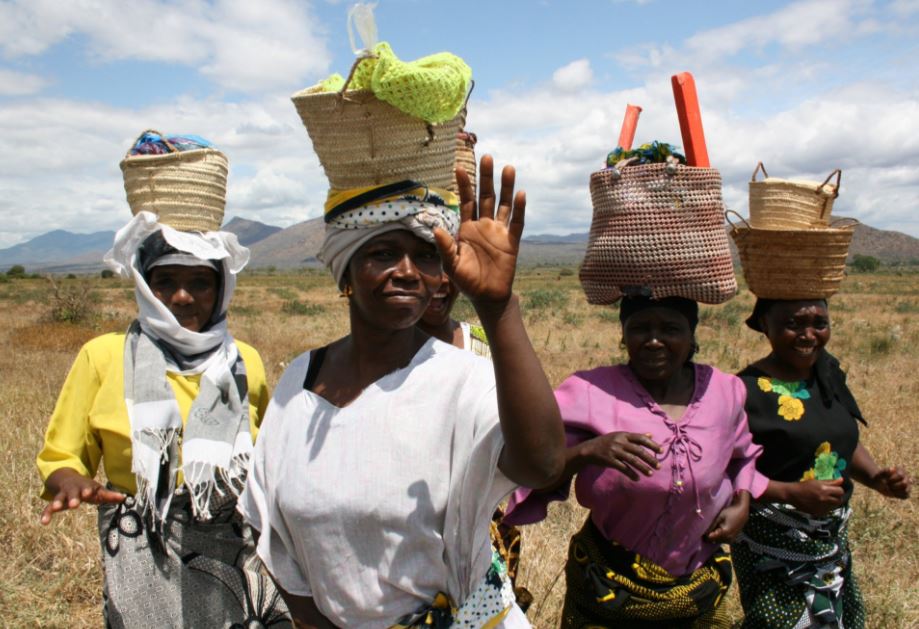
Citizens generally express more trust and confidence in their local government leaders than in national ones. Six out of ten (58%) say they find it easy to meet local government leaders in their area. In addition, the majority of Ugandans (54%) say that the sub-county governments take their views into account in decisions while fewer (35%) report that they believe the national government considers their views. Half of Ugandans (51%) think that community leaders put effort into being respectful to them.
Citizens are also impressed by the local level meetings: 6 out of 10 of those who have attended a meeting in the past year (58%) say that the most impactful meeting they attended was organized by the Local Council I Chair.
On the part of public officials, they are broadly positive about central government requirements to media houses to provide airtime for government information broadcasts, saying this has helped to improve interaction and information flow from government information broadcasts, saying this has helped to improve interaction and information flow from government to citizens.
However, there is some variation in how they personally engage with providing information to citizens. Politicians, in particular, tend to talk about government programs in their day-to-day interactions with voters while civil servants are more likely to use formal channels for information sharing.
Despite some of these constraints, citizens do report some levels of agency and engagement: 4 out of 10 (39%) report that they have jointly approached a local leader with other citizens in order to solve a problem. And these approaches are often productive, 8 out of 10 citizens report that the problem are largely around water (40% of those reporting a problem), security (35%), or roads (29%). When asked more generally about the types of actions they have taken in the past year, a majority of Ugandans report attending community meetings (68%), and getting together with others to raise (60%) or discuss (59%) an issue.
Violet Alında, Director of Voice and Participation at Twaweza said, "For the first time, this data allows us to hear both the voices of citizens and the views of public officials on the same issue of citizen participation and access to information. This allows for deeper insight and ultimately provides strategies for addressing both sides of the public participation equation. On the part of civil servants, shifts in awareness - their knowledge of the respective laws and procedure, and attitudes - that access to information is citizens' right, are needed as well as more to ensure that information officers have budgets with which to get their work done."
Marie Nanyanzi, Sauti za Wananchi Officer at Twaweza, said "These data show that citizens are often engaged in local processes and see the value of channeling their problems through their local representatives. But they often wait for initiatives from governments and they still feel that they face challenges in meaningfully engaging with formal processes on planning and budgeting. This is no surprise given that public officials themselves appear to believe that citizen access to information is a privilege and they lack sufficient knowledge and resources to encourage citizen participation."



